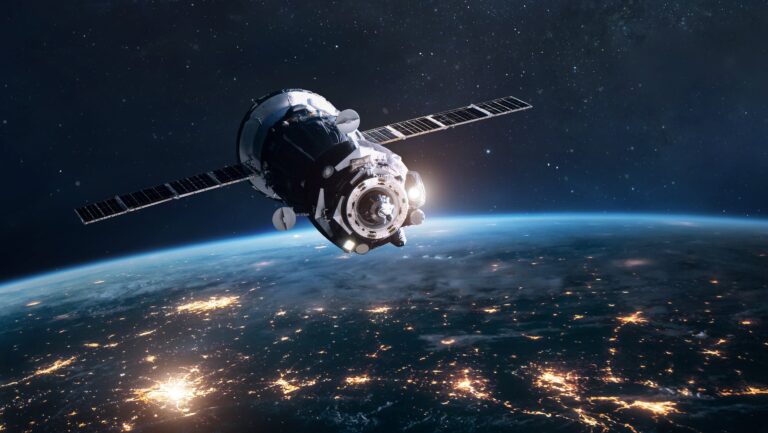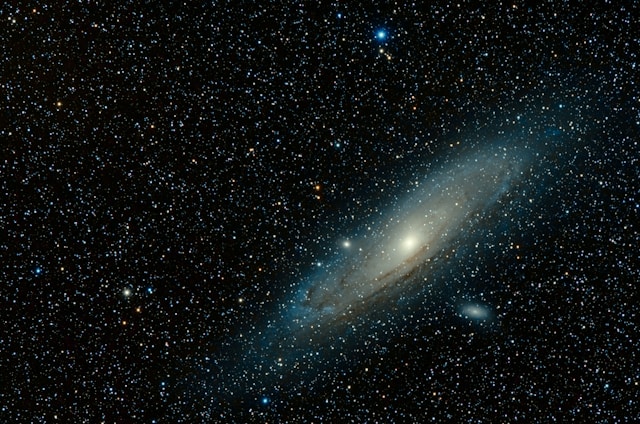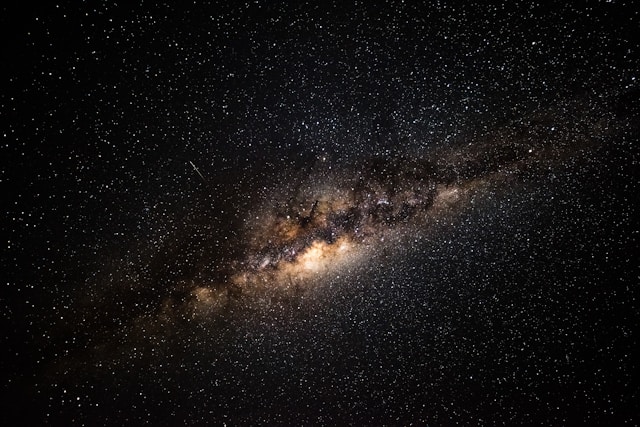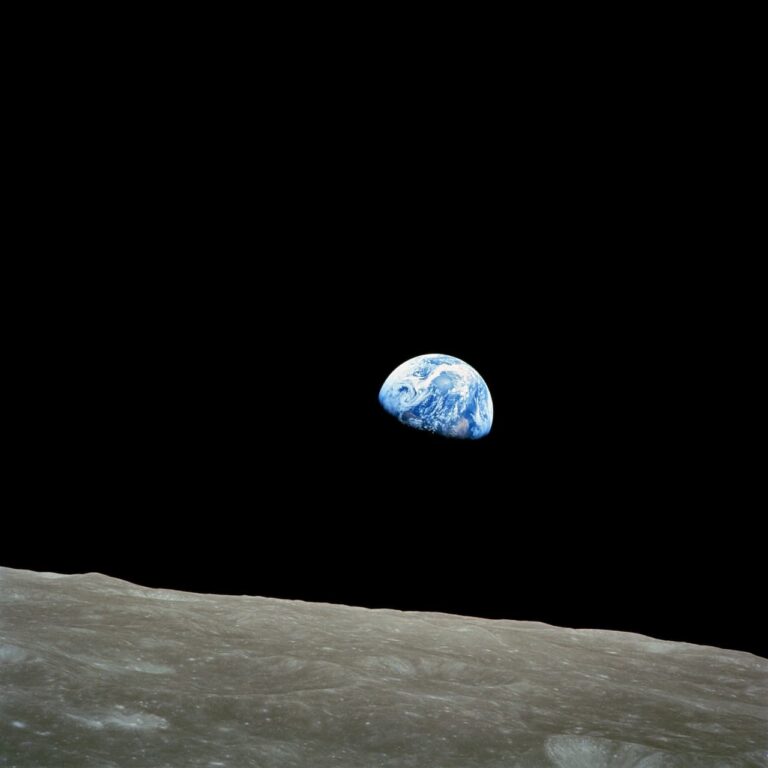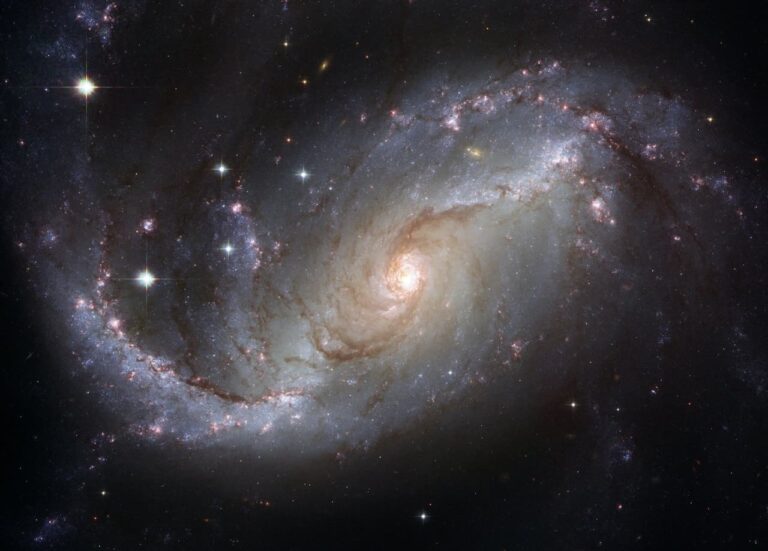The study of space has always played an important role in human history. We observe the stars, search for the meaning of the universe, and try to understand our place in this vast expanse. Astronomy and philosophy intertwine, as both disciplines seek answers to questions about life, our existence, and the nature of the world. While astronomy explores the physical reality of the cosmos, philosophy strives to understand the significance of these discoveries for our understanding of the world and ourselves.
Astronomy as a Source of New Ideas
Astronomy has always inspired philosophers and scientists to engage in deep reflection. For example, when Galileo Galilei began using the telescope in the early 17th century, his discoveries radically changed our view of the cosmos. In conflict with the religious dogmas of the time, these findings forced people to rethink the world where Earth was not the center of the universe. This became one of the turning points that led to changes in the philosophy of science and religion.
Later, thanks to the work of scientists like Isaac Newton, we began to understand the laws of physics that govern the movement of planets, and with the development of telescopes and other technologies, we discovered new stars, galaxies, and even exoplanets. These discoveries, in turn, led to philosophical questions about the origin of life, the unity of the universe, and the possible existence of other intelligent beings.
Philosophical Concepts and Astronomy: The Intersection of Views
When we talk about philosophy, we cannot ignore how astronomy has changed our view of humanity’s place in the world. In ancient times, philosophers such as Aristotle and Plato believed that Earth occupied a central place in the universe. This concept persisted for almost two thousand years until astronomical discoveries began to challenge these beliefs.
The works of Nicolaus Copernicus, who proposed the heliocentric model, and later the works of Kepler and Galileo, made philosophers reflect on what significance humans have in such a vast and diverse cosmos. The emergence of the concept of “planetary motion” led to the realization that Earth is not unique but simply one of many planets orbiting the Sun. At that moment, humanity began to understand that our existence is not the center of everything but merely part of an infinite cosmos.
The Problem of Loneliness in the Universe
One of the most thought-provoking philosophical questions arising in the context of astronomy is the issue of the existence of other forms of life in space. With the advancement of astronomy and the discovery of exoplanets, particularly in the habitable zone, philosophers began to ponder what would happen if intelligent beings existed on these planets.
This question not only excites scientists but also philosophers, as it touches on our understanding of life, intelligence, and even spirituality. The question of loneliness in the cosmos has become not only a scientific issue but also a deeply personal philosophical search, prompting us to consider the essence of life and its value. Perhaps we are not the only intelligent beings in the universe, and our encounter with other life forms could fundamentally change our understanding of the world.
Astronomy and Philosophy: A Look into the Future
Modern astronomy continues to open new horizons. We have witnessed the emergence of theories about the multiverse, where our cosmos is just one of many parallel worlds. Such theories raise new philosophical questions about what reality is and how we can perceive our world if there are infinite other versions.
In addition, the exploration of space and the possible future missions to Mars and other planets raise questions about ethics, the philosophy of existence, and social organization. How will humanity change if we colonize other planets? And how will our culture and philosophy evolve in light of new astronomical discoveries?
Conclusion: Philosophy in the Age of Cosmic Discoveries
Today, astronomy and philosophy are inseparable. Astronomy provides us with new data about the universe, while philosophy helps us interpret these data in the context of human existence. Our views on the universe, its origins, and humanity’s place within it continue to evolve thanks to astronomical discoveries. The questions of life, intelligence, and the meaning of existence will always remain relevant, and the study of space will open up new horizons for reflection and self-understanding.










